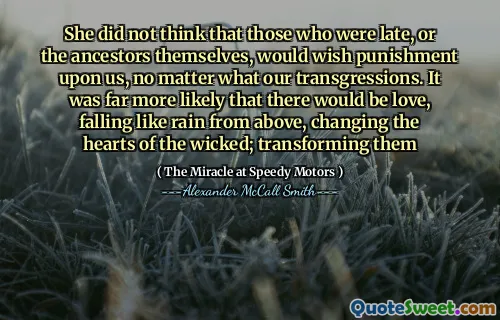
The covetous man is always poor.
The quote "The covetous man is always poor." offers a profound reflection on the nature of desire and contentment. At its core, it suggests that no matter how much a person who is driven by greed accumulates, they will never feel at peace or satisfied. Covetousness, or an excessive desire for wealth and possessions, creates a perpetual sense of lack, leading to an internal poverty that material riches cannot fill. This internal poverty stems from the fact that true wealth is not merely a matter of what we own but is intrinsically linked to contentment and gratitude.
From a psychological perspective, the covetous individual is trapped in an endless cycle of wanting more, which erodes their happiness and fosters a feeling of emptiness. They are 'poor' not necessarily because they lack money or goods, but because their insatiable appetite for more blinds them to appreciating what they already possess. Moreover, this mindset can lead to risky behaviors, strained relationships, and even moral compromises in the relentless pursuit of wealth.
Philosophically and ethically, the quote underscores the virtue of temperance and satisfaction. It encourages reflection on the difference between need and greed. Embracing contentment doesn't mean foregoing ambition or improvement but recognizing that the endless craving for possessions is a path to unhappiness rather than fulfillment.
In practice, this quote serves as a reminder to cultivate gratitude, mindfulness, and balance in life. It urges us to reassess what true wealth means and emphasizes that cultivating inner richness through healthy relationships, personal growth, and kindness is far more valuable than accumulating external riches. Truly, the man who can be content with what he has is the richest among all, regardless of material wealth.









